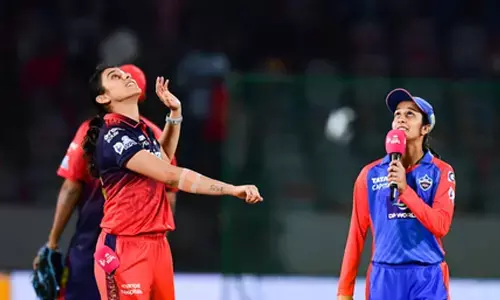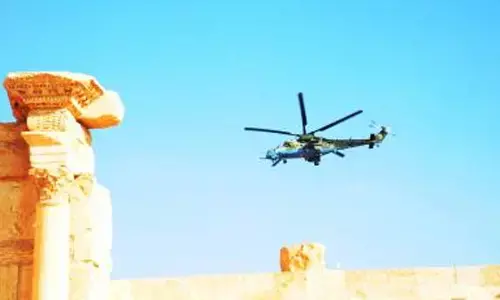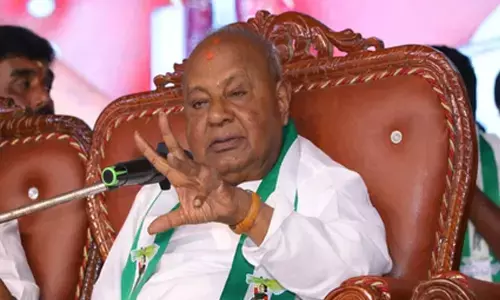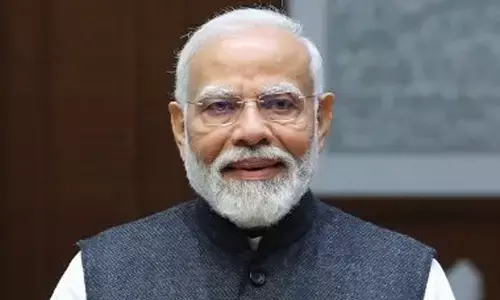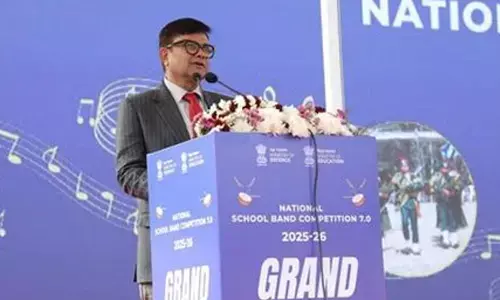Dozee Unveils Groundbreaking Study: AI-Powered Early Warning System Predicts Patient Deterioration Up to 16 Hours in Advance
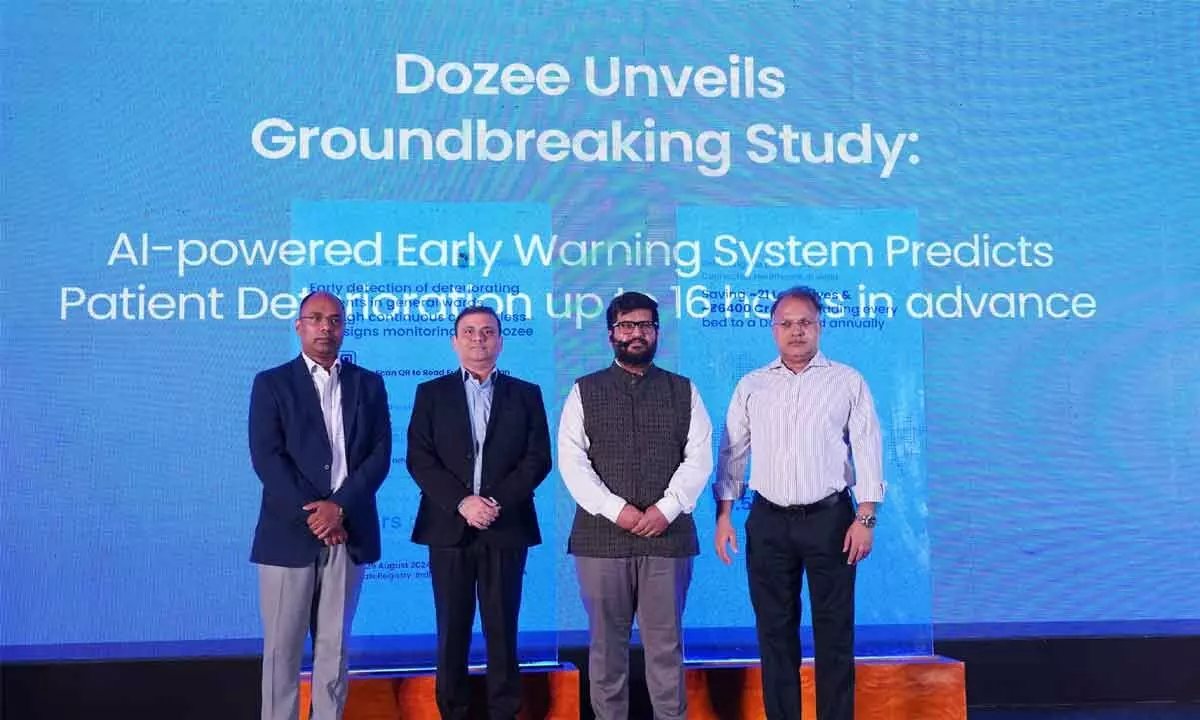
This Landmark Study, One of India’s Largest in Tertiary Care, Reaffirms Dozee’s Commitment to Solving Healthcare Challenges, Saving Lives, and Delivering Scalable, Affordable, World-Class Healthcare for All with Health AI.
Dozee, India’s Health AI leader, has unveiled the findings of a landmark study published in the internationally renowned journal Frontiers in Medical Technology. This journal is part of the prestigious Frontiers group. The study was conducted at King George’s Medical University (KGMU) and is one of the largest observational studies of its kind in Indian tertiary care. This study highlights the groundbreaking impact of Dozee’s AI-powered Early Warning System (EWS), demonstrating its ability to predict patient health deterioration up to 16 hours in advance, thereby providing healthcare professionals with a critical window to intervene early and potentially save lives.
In a nation with 2 million hospital beds, where approximately 1.9 million patients in general wards rely on manual spot checks for monitoring, Dozee’s AI-Powered Remote Patient Monitoring and Early Warning System (EWS) offers a revolutionary solution. This technology has the potential to transform care across 95% of hospital capacity, delivering life-saving continuous monitoring that ensures world-class healthcare at a fraction of the cost of ICU services.
The pioneering observational study monitored over 700 patients across 85,000 hours and demonstrated how Dozee’s Continuous Contactless Remote Patient Monitoring and Early Warning System (EWS) can revolutionize traditional manual processes. By delivering alerts up to 16 hours before a critical event, Dozee’s system empowers healthcare professionals to act earlier, improving patient outcomes while saving healthcare practitioners 2.4 hours per staff member per day. The study analyzed key metrics including alert sensitivity, specificity, average time from initial alert to deterioration, and healthcare practitioners' activity, providing robust clinical evidence of Dozee’s life-saving impact.
In many Indian hospitals, continuous monitoring is limited to ICUs, leaving general wards—where the majority of patients reside—vulnerable to undetected clinical deterioration. This study demonstrates that Dozee’s EWS bridges this gap by continuously tracking vitals such as heart rate, respiratory rate, and blood pressure. The results showed that Dozee's EWS predicted patient deterioration in 67% to 94% of cases, allowing healthcare providers to intervene long before conditions became critical. This early detection holds the potential to save 21 lakh lives annually and reduce healthcare costs by ₹6400 crores.
Key Findings from the Study:
● Dozee’s EWS alerted patients’ health deterioration about 16 hours in advance
● Continuous monitoring saved 10% of healthcare practitioners’ time, equivalent to 2.4 hours per day.
Dr. Himanshu Dandu, Professor in the Department of Medicine at KGMU, emphasized the technology's potential to enhance critical care in resource-constrained environments. “This system enables early detection and continuous patient monitoring, providing a scalable and affordable solution tailored to the demands of healthcare systems facing heavy patient loads. The ability to detect signs of patient health deterioration can significantly improve their survival rates.”
Dr. Jean-Louis Teboul, a world-renowned intensivist and critical care expert from Paris-Saclay University, emphasized the global implications of the study, “What we have achieved in India has the potential to reshape healthcare globally. The challenges may differ, but the need for equitable, timely, and affordable care remains universal.”
“The results of this study affirm what we’ve always believed—this real-world evidence demonstrates technology’s ability to transform healthcare, making it more efficient, accessible, and equitable,” said Mr. Gaurav Parchani, CTO & Co-Founder of Dozee. “We’re not just solving a problem for India but laying the groundwork for global healthcare solutions.”
The study, authored by a distinguished team of experts from across the globe, including Dr. Himanshu Dandu and Dr. Ambuj Yadav from KGMU, along with Dozee’s clinical research team—Mr. Gaurav Parchani, Dr. Kumar Chokalingam, and Ms. Pooja Kadambi, Dr. Rajesh Mishra, an Intensivist and former ISCCM President, and Dr. Ahsina Jahan, Deputy Medical Director in charge of ICU and Emergency from Bangladesh. It has garnered international attention with contributions from Dr. Jean-Louis Teboul, Paris-Saclay Medical University and Dr. Jos M. Latour from University of Plymouth, United Kingdom. The study findings emphasize that Dozee’s health AI offers more than a national solution; it addresses global healthcare gaps. Traditional models are proving unsustainable, and Dozee’s system provides a simple, scalable, and affordable solution that not only digitizes healthcare but could serve as a blueprint for global adoption.










